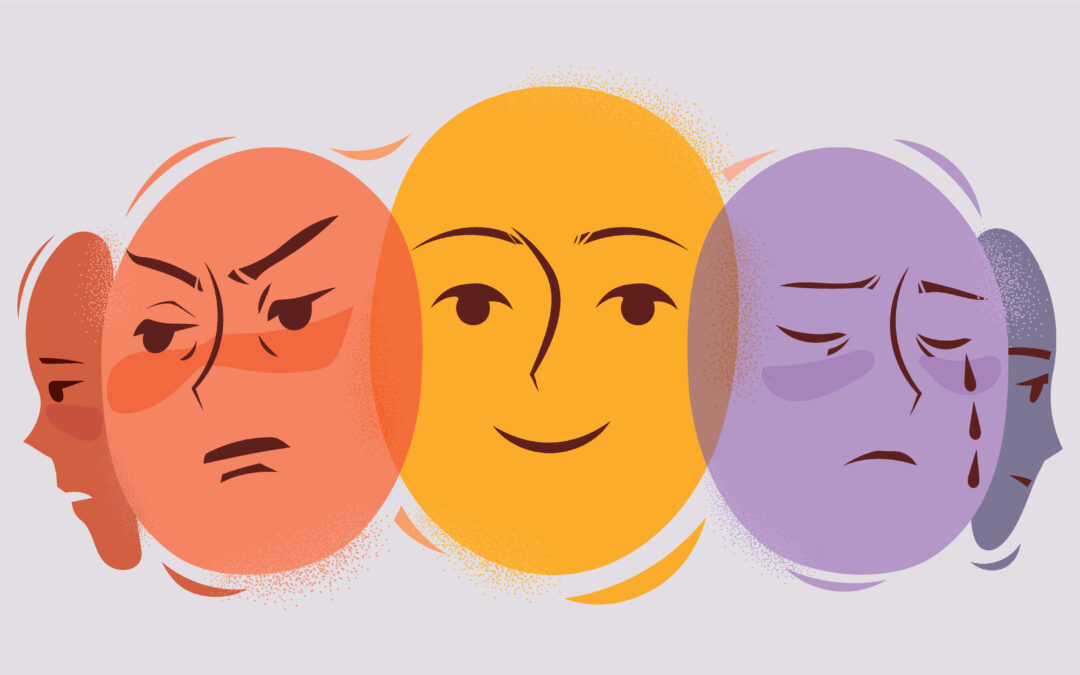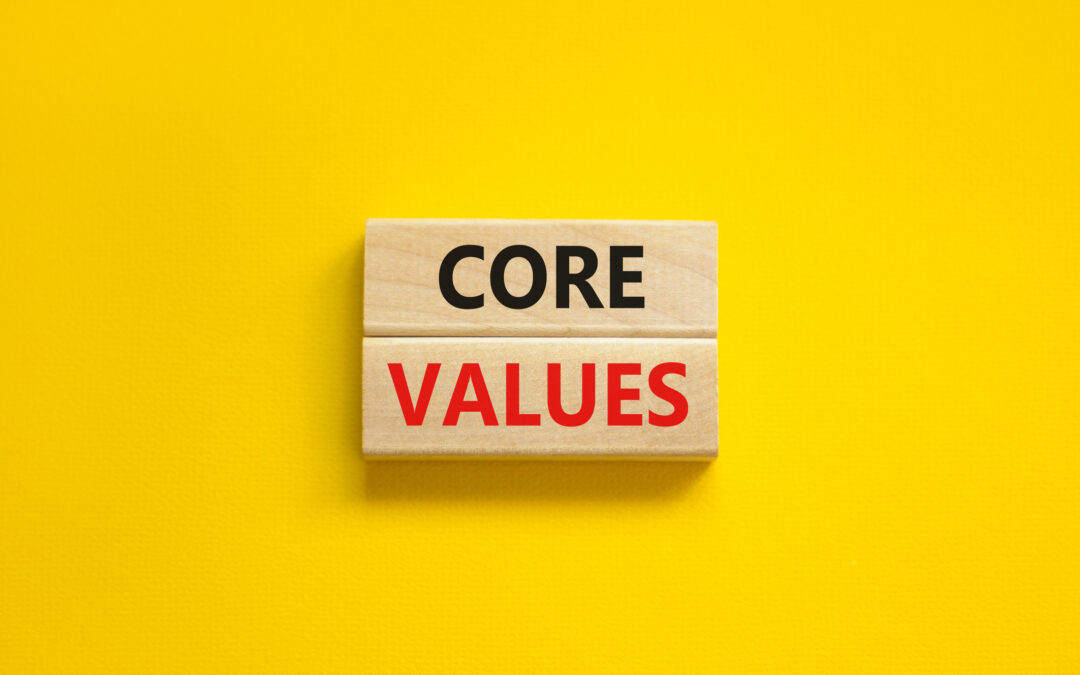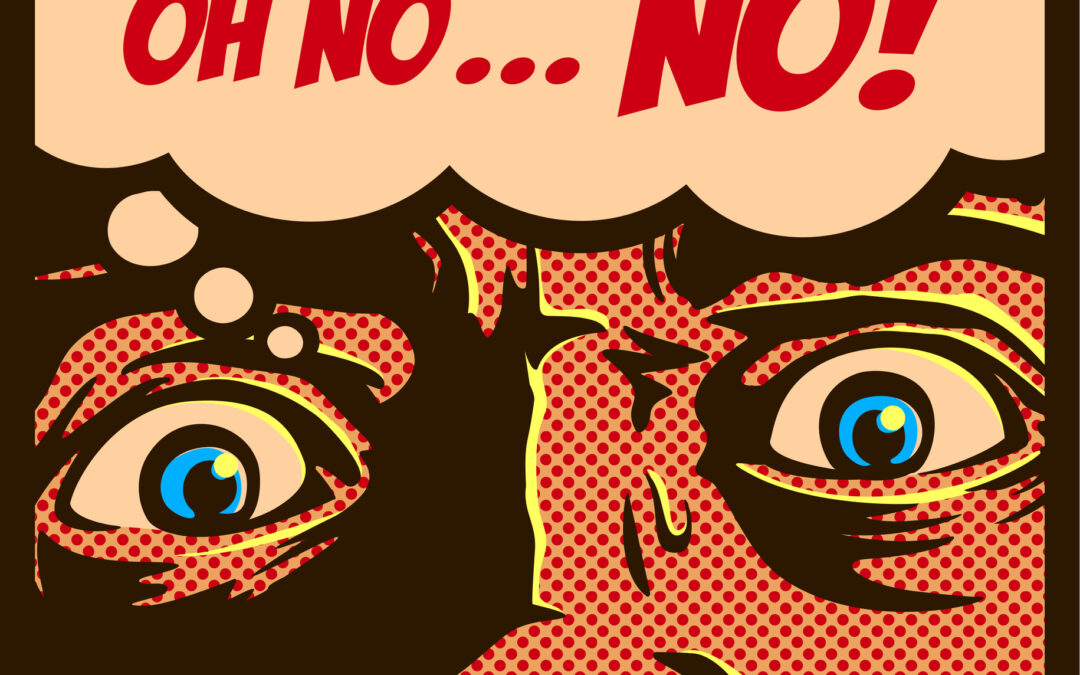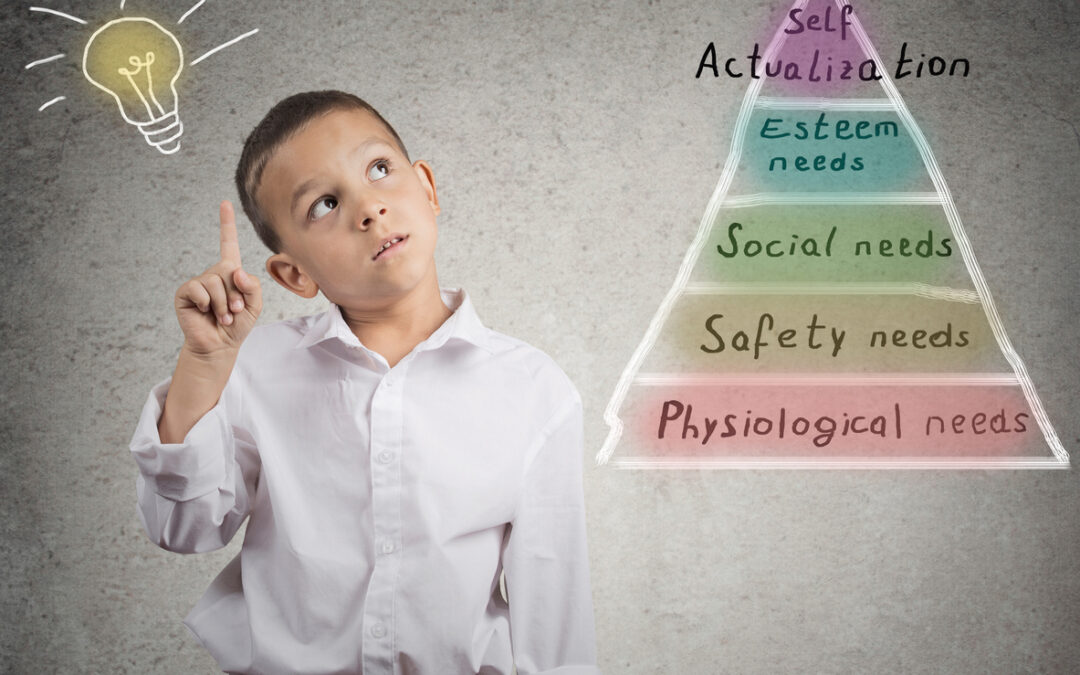Depression can feel like a heavy cloud hanging over your life, making it difficult to find joy or motivation. While therapy and medication are valuable tools in treating depression, incorporating mindfulness skills into your daily routine can offer additional support...

Journaling and Mental Health
If you have ever had a conversation with your therapist about coping skill development, you have probably received a recommendation to begin a journaling practice. Understandably, sometimes journaling is met with skepticism – What does writing about my emotions solve, and why is writing so widely recommended?
Processing Emotions
-
Putting emotion on paper engages the prefrontal cortex – the part of the brain which puts language to emotion, grounds us in the present moment, and assists in regulating emotion.
Memory Consolidation
-
Put simply, memory consolidation is a process by which information in short-term memory is transferred to long-term memory. Writing about your experiences – positive or negative – strengthens the parts of the brain associated with this consolidation. What this means is that, over time, we become better at accessing various parts of a memory (sound, taste, touch, smell, thought, etc.) and this allows us to better make sense of memories that may be difficult or traumatic in nature.
Stress Reduction
-
Journaling has been found to activate the parasympathetic nervous system (the “rest and digest” response/the antithesis of fight/flight/freeze). Cortisol levels drop, breath deepens, heart rate begins to slow. Suddenly, the writer is able to be more present with themselves as they process.
More than what researchers have shared with us about how journaling impacts the brain (as noted above), put simply – writing with and for ourselves fosters an internal relationship. We are in relation with ourselves more often than we are anyone else, yet rarely are we taught what it means to interact with self or how to do so in a compassionate way.
If you are interested in exploring journaling but are unsure where to start, here are some prompts to explore:
- I feel __________ about journaling because…
- My relationship with myself could be described as…
- I want my relationship with myself to be more…
Remember, journaling is as individual as you are. Let there be spelling mistakes, run-on sentences, scribbles, and even drawings. Humans are gritty and messy; let the way you cope be gritty and messy, too.

Mindfulness Mastery: Your Ultimate Weapon Against Depression

Journaling and Mental Health
If you have ever had a conversation with your therapist about coping skill development, you have probably received a recommendation to begin a journaling practice. Understandably, sometimes journaling is met with skepticism - What does writing about my emotions solve,...

Empowering the Self: An Introduction to Internal Family Systems Therapy
Understanding the Internal Family Systems Model Developed by Dr. Richard C. Schwartz in the 1980s, Internal Family Systems Therapy draws on a unique perspective that views the human psyche as a family system. Just as a family consists of different members with...

4 ADHD Skills That Actually Work
If you have ADHD, you know that finding the right set of tools and techniques that work for you can be a process of trial and error. What works for you might be the opposite of helpful for someone else. Below you’ll find a few techniques to try that go beyond the...

Life Hacks For When Everything Feels Hard
Mental health challenges like depression, anxiety, and ADHD can make for difficult days. Ideally, with the right combination of therapy, coping skills, or medication, there won’t be so many hard days. But sometimes we hit a rough patch or experience a stressor or...











